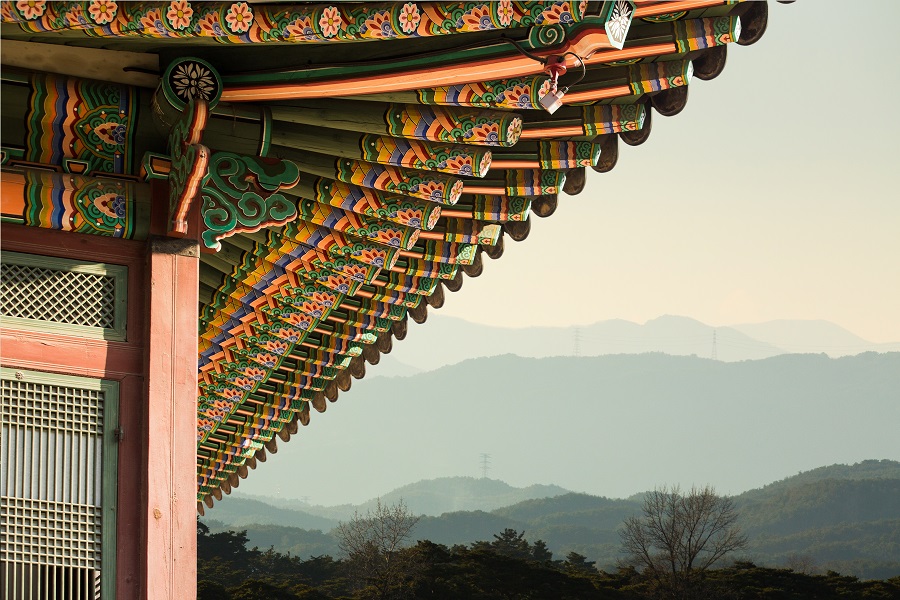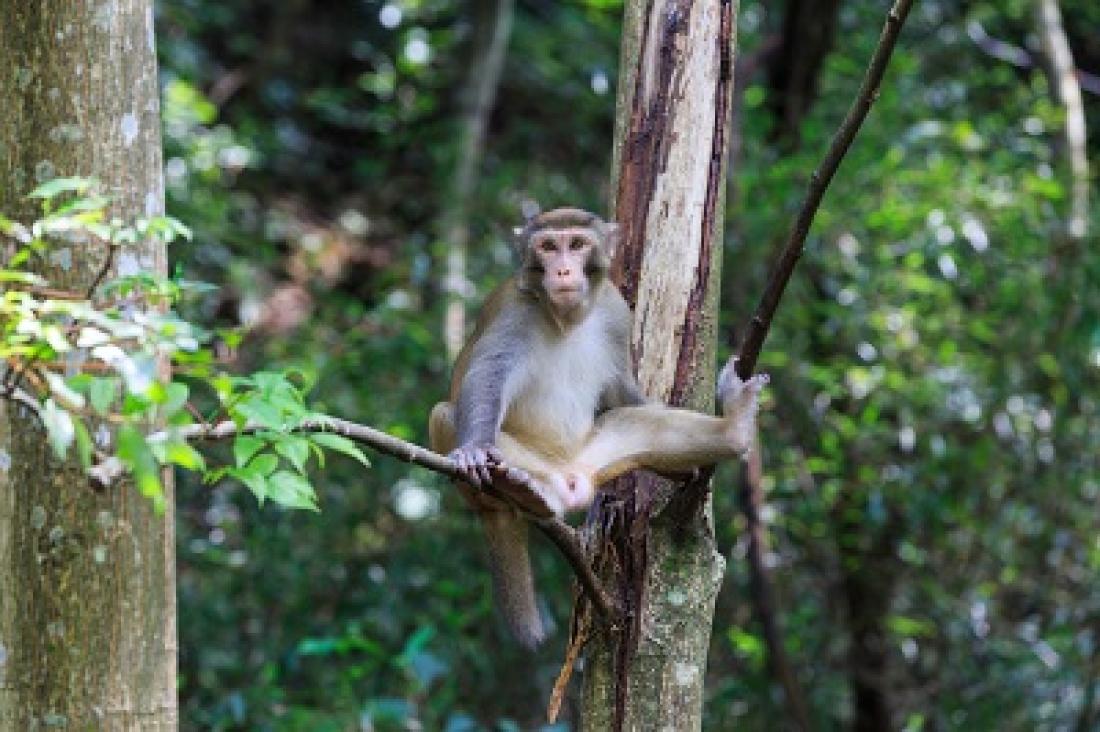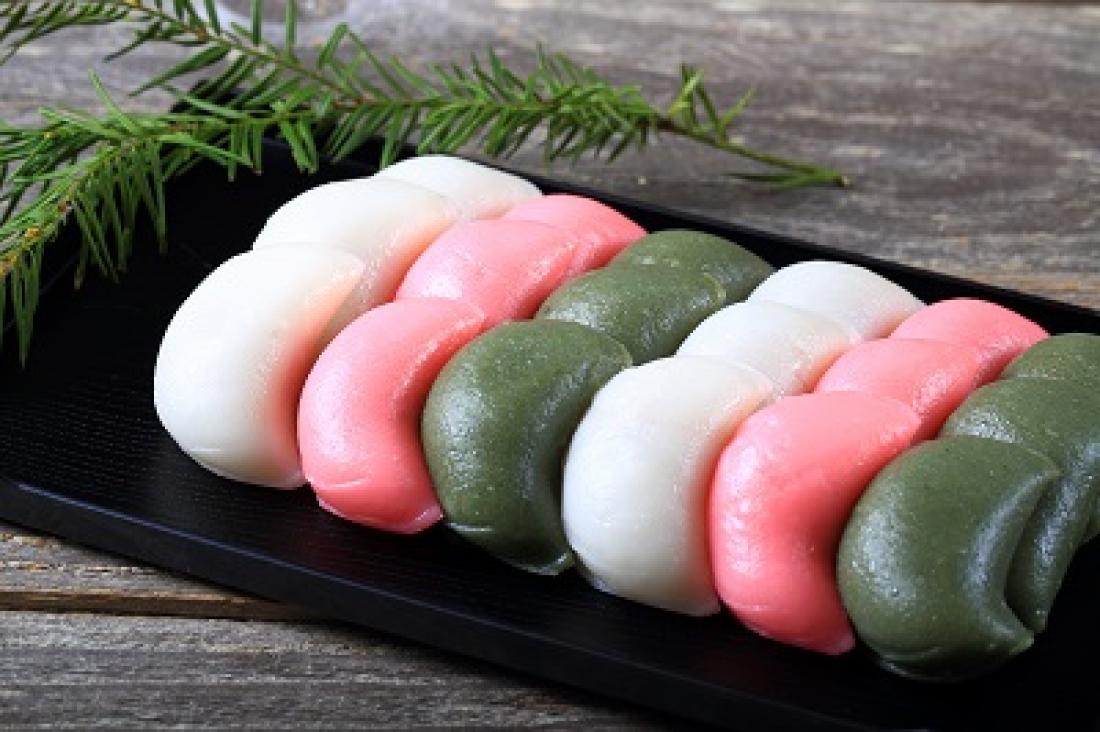Korean Proverbs
During my year studying Korean language in South Korea as a Boren Scholar, I spent countless hours learning about the language not only in the classroom, but also in everyday life talking to friends, catching up with family, and interacting with locals. One of my favorite exercises was to share and exchange proverbs from each other’s native language.
While proverbs are interesting to learn about for their own sake, knowing how and when to use them in the correct context can be indicative of a higher level of mastery of a foreign language. Proverbs are also a fun way to highlight aspects of a language and culture. Here are my top five favorite Korean proverbs, or 속담 (sok-dam).
1) 원숭이도 나무에서 떨어찐다 (won-soong-i-do na-mu-eh-seoh tteol-eoh-jjin-da).
a. Literal meaning: Even monkeys can fall from trees.
b. Explanation: This phrase is equivalent to the English saying, “nobody is perfect,” and expresses that even an expert can make a mistake. While monkeys are not native to Korea, the monkey is an important figure in East Asian culture.
2) 고래 싸움에 새우 등 터진다 (go-reh ssa-oom-eh sae-oo-deung teo-jin-da).
a. Literal meaning: When whales fight a shrimp’s back breaks.
b. Explanation: Innocent bystanders can be hurt in a fight. Historically speaking, Korea has been caught between great powers such as China, Russia, Japan, and the United States in various conflicts.
3) 누워서 >떡 먹는다 (nu-weoh-seoh tteok meok-neun-da).
a. Literal meaning: Eat ddeok while lying down.
b. Explanation: This phrase is equivalent to the English phrase, “piece of cake.” Tteok is a type of rice cake and commonly eaten in South Korea as a snack or part of a larger meal.
4) 넘어 산 (san neom-eoh san)
a. Literal meaning: Mountains after mountains.
b. Explanation: This phrase can be compared to the English phrase, “one problem after another,” and can be used when somebody experiences or expects consecutive difficulties. In general, the Korean peninsula can be described as having mountainous terrain.
5) 빈수레가 요란하다 (Bin su-rae-ga yo-lan-ha-da)
a. Literal meaning: An empty cart rattles.
b. This expression means that the person who speaks the loudest is not necessarily the smartest.


